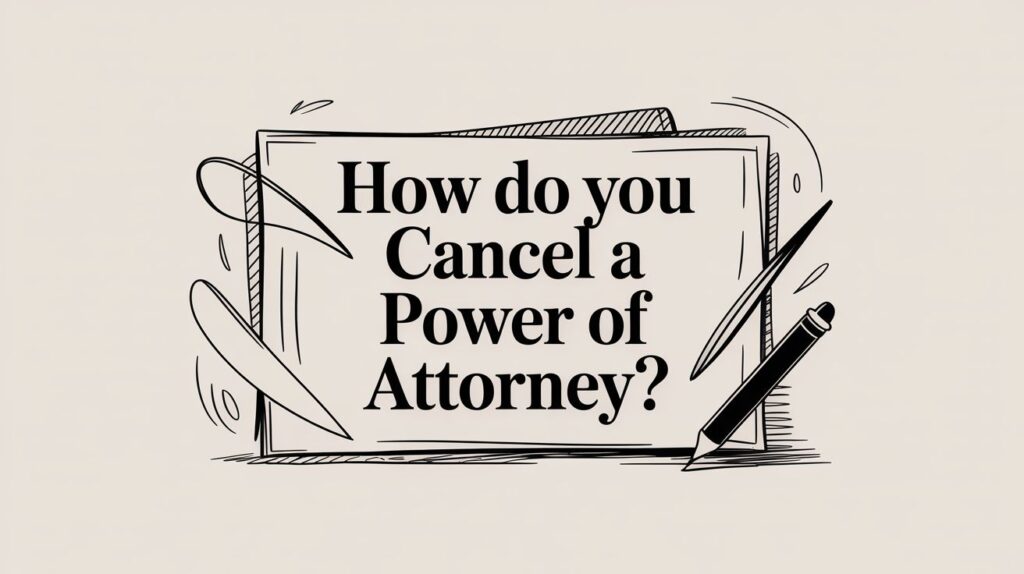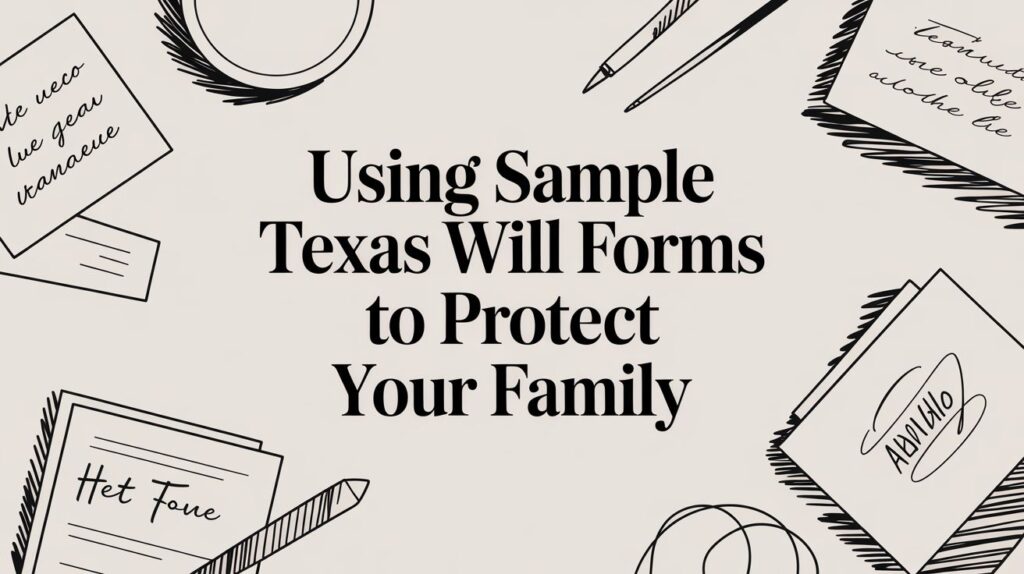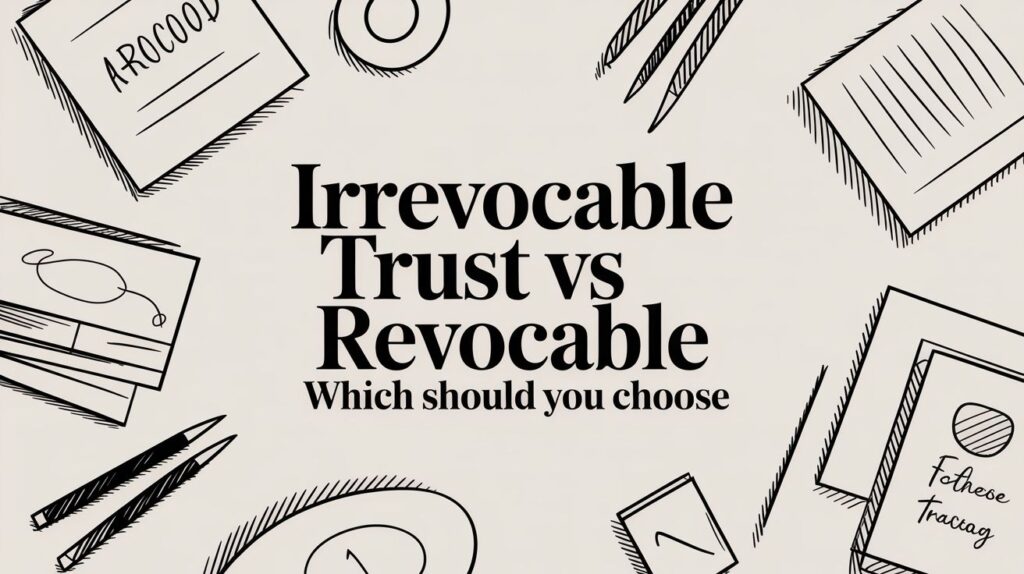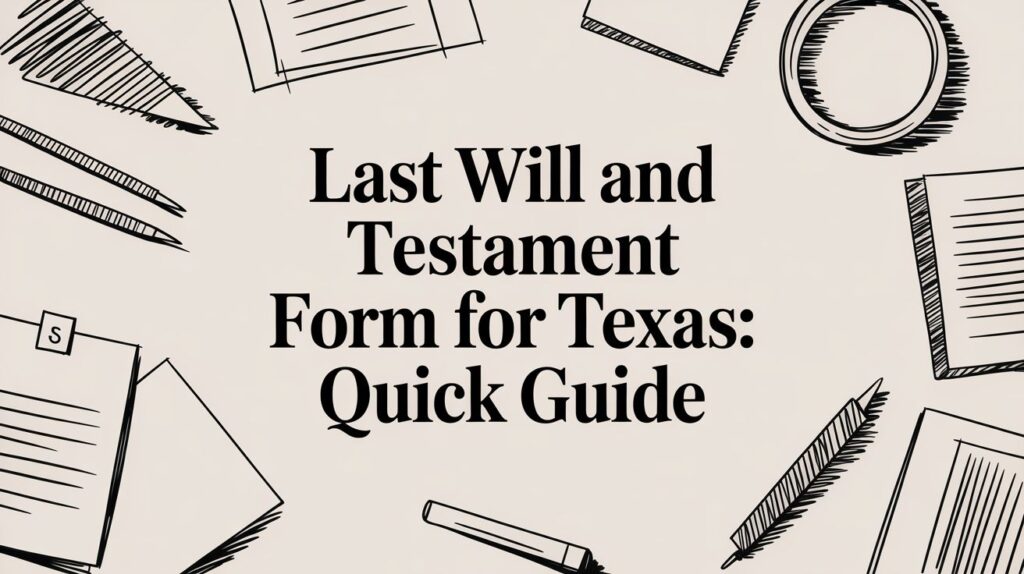When it comes to planning your estate in Texas, two legal pathways often come up in conversation: probate and trusts. Both serve the goal of transferring assets after death, but they differ widely in process, cost, privacy, and control. And while neither is perfect for every situation, understanding how each works in Texas can help you choose the right approach for your legacy, family, and peace of mind.
Estate planning is not just about what happens when you die. It’s about minimizing confusion, preventing legal headaches, and ensuring that your hard-earned assets go exactly where you intend. The decision isn’t always black and white in the Lone Star State, where the probate system is often described as more streamlined than in other parts of the country. Trusts aren’t only for the ultra-wealthy, and probate isn’t always the nightmare it’s made out to be. But each comes with its own set of advantages and potential pitfalls. To make the best decision, you must weigh your estate’s specifics, family dynamics, and long-term goals. And that begins with understanding what each process involves—and how Texas law uniquely shapes the experience.

What Is Probate in Texas, and How Does It Work?
Probate is the legal process of recognizing a will and administering an estate. In Texas, this process is overseen by a probate court and begins with someone, usually the executor named in the will, applying to start proceedings. If the deceased left no will, the court appoints an administrator to oversee the estate.
Once the court determines the will is valid, the executor is officially authorized to take control of the estate. This includes gathering assets, notifying creditors, settling debts, paying taxes, and eventually distributing what remains to the rightful beneficiaries. All of this is subject to court oversight and must be done following Texas law.
Probate proceedings can range from relatively simple to extraordinarily complex. The size of the estate, the presence of disputes among heirs, and whether a will is contested all play a role. Texas offers several types of probate, including independent administration, dependent administration, and small estate alternatives. The most common is independent administration, which allows the executor to act with minimal court supervision, making it faster and more cost-effective than probate in many other states.
Still, probate can be public, time-consuming, and emotionally draining for grieving families. It involves deadlines, legal documents, and court filings, all of which can stretch out over months or longer if there are complications.
What Is a Trust, and How Does It Bypass Probate?
A trust, in simple terms, is a legal arrangement that allows one person (the trustee) to hold and manage property for the benefit of another (the beneficiary). In the context of estate planning, most people use what’s known as a revocable living trust. This document allows you to transfer ownership of your assets to the trust while you’re still alive. You retain control of those assets and can change or revoke the trust at any time.
Upon your death, the trust becomes irrevocable, and the successor trustee steps in to manage and distribute the assets according to your instructions. This is all without court involvement. Because the assets are owned by the trust rather than you personally, there’s nothing for the probate court to oversee. That means your estate avoids probate altogether, at least for the property placed in the trust.
Trusts can also be used to manage assets in complex family situations, provide for beneficiaries with special needs, protect assets from creditors, and maintain privacy. They can include detailed instructions for how, when, and to whom your assets should be distributed, offering a level of customization that wills simply can’t match.
How Texas Law Shapes the Probate vs. Trust Decision

Texas is often described as a probate-friendly state. Compared to states like California or New York, where probate is notoriously slow and expensive, Texas offers relatively efficient processes, especially when independent administration is used. This has led some Texans to question whether they need a trust at all.
However, “probate-friendly” doesn’t mean “hassle-free.” Even with independent administration, probate requires legal filings, notification of interested parties, and sometimes court hearings. There’s also the issue of public record. Probate proceedings in Texas are filed with the court and become part of the public domain. Anyone can access these records and learn details about your estate, your debts, and your beneficiaries.
Trusts, on the other hand, remain private. There is no public record of your assets or your decisions. Your successor trustee can begin managing the estate immediately upon your death, without waiting for court approval. This can be especially important in situations where time is of the essence or where you want to shield your family from public scrutiny and potential conflict.
The Cost Question: Which Option Saves Money in the Long Run?
One of the most common misconceptions is that trusts are always more expensive than probate. While it’s true that creating a trust typically involves higher upfront costs than drafting a simple will, that’s only part of the story. The real question is what happens when the estate is being administered.
Probate involves court fees, legal fees, and sometimes appraiser or executor fees. If disputes arise, costs can escalate quickly. Even in simple cases, the cumulative expense can exceed the cost of creating a trust. On the other hand, a well-drafted trust can reduce or eliminate court involvement, speeding up the process and avoiding the need for costly legal representation.
That said, trusts require maintenance. You must retitle your assets into the trust, update it regularly, and ensure that any newly acquired property is properly transferred. Failure to do this can lead to confusion or even result in those assets going through probate anyway.
So the cost comparison depends on how well the trust is executed and how complicated the probate process would be for your estate. For some, a simple will and probate make more financial sense. For others, especially those with large estates, blended families, or privacy concerns, a trust is a wise investment.
Control and Flexibility: Who Should Consider a Trust?
Probate operates according to the law and court procedure. The executor must follow specific steps, and even with independent administration, they must adhere to a general structure. A trust, on the other hand, allows for much greater flexibility. You can include specific instructions for minor children, stagger distributions over time, or place conditions on when and how assets are received.
This flexibility makes trusts an ideal tool for people with complicated family dynamics. For example, if you’re remarried and want to ensure your children from a prior relationship inherit specific assets, a trust can create a plan that balances your current spouse’s needs with your children’s inheritance. If you’re caring for a loved one with a disability, a special needs trust can provide ongoing support without affecting their eligibility for public benefits.
Trusts are also useful for avoiding ancillary probate. This is a separate probate process that occurs when you own property in more than one state. By placing out-of-state property in a trust, you eliminate the need for multiple court proceedings after your death.
The Human Element: Probate Can Stir Conflict
One factor often overlooked in legal comparisons is the emotional impact. Probate, by nature, invites transparency and structure. But for some families, that structure becomes a battlefield. Siblings may fight over inheritances, question the executor’s decisions, or challenge the will itself. These disputes can tear families apart and drain estates of their value.
Trusts can help avoid these disputes by providing clear, legally binding instructions that don’t require court approval to enforce. They also allow you to appoint a neutral third party, such as a bank or fiduciary, as trustee, reducing the chance of infighting and conflict.
That said, a trust won’t automatically fix family dysfunction. If heirs feel unfairly treated or believe the trust was created under undue influence, they can still take legal action. But in general, the streamlined and private nature of a trust can reduce the friction that often accompanies probate.
Which Option Is Right for You?
The choice between probate and trusts isn’t a binary one. Many people use both: a trust for major assets like real estate or investments, and a will to handle anything not included in the trust. This blended approach allows you to maximize the benefits of each and minimize their limitations.
If you have a modest estate, few assets, or no significant concerns about privacy, a well-drafted will and a smooth probate process may be perfectly sufficient. But if your estate is large, your family is complex, or your priorities include privacy and control, a trust can offer peace of mind that probate can’t always guarantee.
Conclusion: A Texas-Sized Decision Deserves a Tailored Approach
No two estates are exactly alike. What makes sense for your neighbor may not work for you. That’s why it’s essential to work with an estate planning attorney who understands Texas law. Probate and trusts each come with trade-offs. Probate offers court oversight and a relatively straightforward process in Texas, but it can be slow, public, and emotionally taxing. Trusts provide privacy, control, and efficiency, but they require more planning, more attention to detail, and sometimes higher upfront costs.
Whichever path you choose, the most dangerous option is doing nothing. Without a will or trust, your estate becomes subject to intestacy laws. This leaves your family without guidance and your assets vulnerable to conflict. By taking action today, you not only protect your estate, you also give your loved ones clarity, peace, and a legacy worth remembering.








